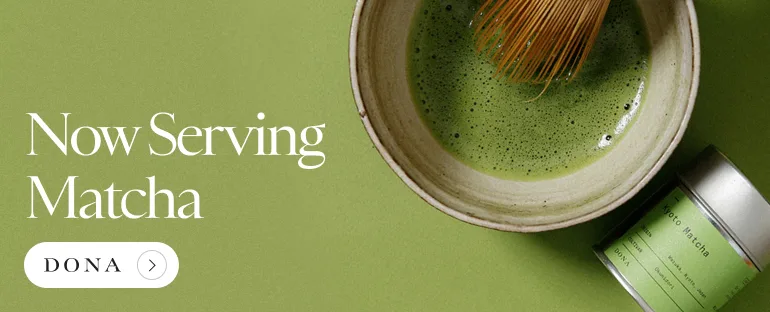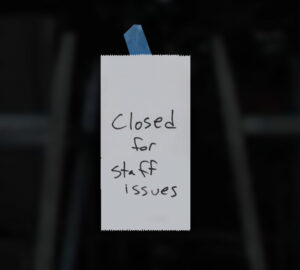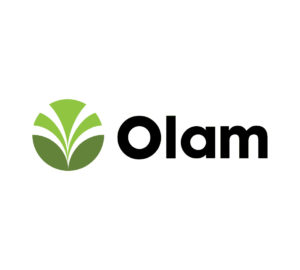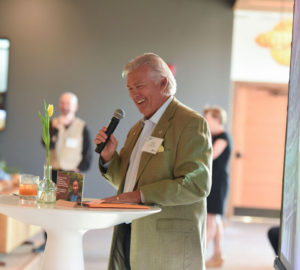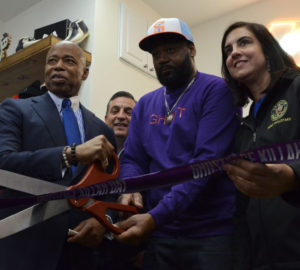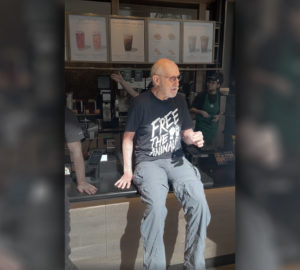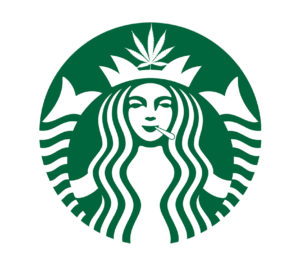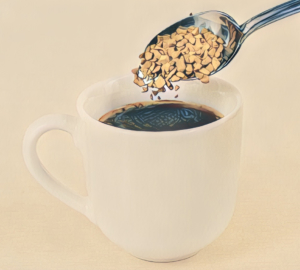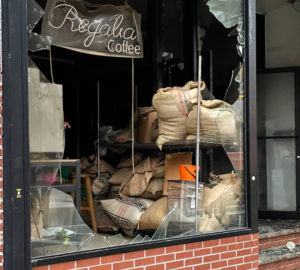
Behind the scenes of a growing global coffee culture, two of the world’s two largest coffee trade organizations—the Specialty Coffee Association of America (SCAA) and the Speciality Coffee Association of Europe (SCAE)—are working towards a merger to unite their international memberships: more than 10,000 members in total.
If this all seems like inside baseball, we surely understand. But for coffee professionals, and especially for active members of these organizations, the drive towards unification has been the hottest of topics over recent months, and unlike the brew in your mug, it shows no signs of cooling off.
The SCAA, a 501(c)(6) non-profit trade organization based in California, generates around 8 million dollars* in total business each year; the SCAE, a non-profit membership organization based in the United Kingdom with 30 “chapters” worldwide, does around 5 million dollars in annual business—the majority of which comes from each organization’s professional education and training programs. The two organizations also jointly own World Coffee Events, an events production and promotions company that administers an annual portfolio of global coffee competitions and exhibitions around the world, including the popular World Barista Championship—this jointly owned company is itself valued at around 1.8 million dollars. Put it all together, and you’re looking at a new Venti-sized entity worth about 15 million dollars annually.
The unification process began with a vote for SCAE members, the lead-up to which we covered in April. That vote closed with a clear mandate: 51% of the total SCAE membership voted, and 86% of those voted “Favour, transfer membership.” To Americanize the term, that translates to “Heck, yes!” and represents a resounding victory for the unification movement among European coffee professionals. (A full breakdown of the SCAE voting outcomes is available here.)
Now the SCAA voting period is underway—the virtual polls opened July 5th, and are open to qualified members through August 5th (more information on who can vote is available here). Since voting opened last week, several prominent SCAA apparatchiks & well-wishers have voiced their support for unification, in Tumblr posts and Facebook screeds. That support has been met with a small but vocal faction of opposition, largely led by a core group of former SCAA Presidents. Policy papers have been published; Facebook accounts have been ruthlessly trolled. The vote continues on today, with around 30% of the membership having voted thus far, according to third-party tracking company Survey and Ballot Systems.
The greatest voice of opposition to unification has come from the Concerned SCAA Presidents Committee, an ad-hoc group of past presidents led by Donald Schoenholt (founding President of the SCAA) and including Dan Cox (1984-86), Leonor Gaviña-Valls (1985), Becky McKinnon (1998-99), Grady Saunders (1993-94), Gary Talboy (1987-88), David Dallis (1994-95), Paul Katzeff (1984, 2000-2001), Danny O’Neill (2001-2002), and Linda Smithers (1997-1998).
The committee penned a policy paper titled “10 Reasons 10 SCAA Presidents VOTE NO On Consolidation” to SCAA members and was published on Schoenholt’s blog, Coffeeman’s Diary. The paper asks questions—”why rush?”, “why no exit plan?”—and warns a post-unification trade guild “will not be American in character, temperament, or name”, a line of reasoning some have found to be dangerously nativist. Notably absent from the Concerned SCAA Presidents Committee is Ted Lingle, a founding co-chairman and former executive director of the SCAA, who has authored his own endorsement in favor of unification.
Current Executive Director of the SCAA, Ric Rhinehart, was present to answer questions at an SCAA Unification Member Forum at the Alliance For Coffee Excellence in Portland, Oregon on July 12th, attended by Sprudge. “We are not rushing into anything,” Rhinehart stated when the point was raised. “We have been at this actively at the board level for years, and took it out to our membership more than a year ago.”
The proposal for unification, according to Rhinehart, was first introduced to SCAA members at their annual SCAA Leadership Summit (SLS) in Atlanta in 2015. “We debuted and debated this concept, where it occupied roughly 80% of our conversations, including working with a professional facilitator, to get everyone’s voices on the table,” explained Rhinehart.
Sprudge contacted Peter Giuliano, the Director of Symposium at SCAA and an ardent supporter of a combined SCAA / SCAE, who told us that unification would result in a “clearly articulated research initiative” happening alongside the growing focus on coffee research underway at Texas A&M University, the University of Copenhagen, and other research institutions. For Giuliano, post-unification means “events, research, and education activity will all see a bump” for trade organization members and the coffee industry at large.
Founding SCAA President and co-author of the “vote no” paper Donald Schoenholt told Sprudge in a phone interview that his worry is for “the little guy, the individuals,” voicing concern that “the individual is going to be gone and replaced by the great collective. And if the membership wants that, that’s their right to decide. But if the membership realizes that…they might not vote the way the leadership wants them to vote.”
“The idea [of unification] is not a bad idea,” Schoenholt continued, “but this has been done so very badly. This has been done with such lack of grace, it’s making people who should be on your side be your adversary. In any merger situation—the term ‘unification’ is a very politically charged phrase, and was chosen to elicit positive responses by voters and listeners—there’s something about every merger that can go badly that you don’t anticipate. It’s the law of unintended consequences.”
Schoenholt, the de facto leader of “No” vote, isn’t aware of a grassroots movement to resist the merger beyond private emails and Facebook comments. When asked if there was a wide-reaching member movement, Schoenholt conceded, “If there are, and I would hope there are, I don’t know of them.” To some, the division seems to be drawn along generational lines; many of the protesting past presidents served before today’s generation of coffee small business owners and Barista Guild members started coffee careers.
For their part, SCAA leaders are cautiously optimistic about the coming voting results (and thrilled by the previous returns from Europe). When asked what members could expect should the vote pass, Rhinehart told Sprudge, “If you’re engaged, you’ll notice having more resources and things like more camps, more training, more competitions, and more opportunities to interact with the association.”
But don’t mistake unification for a sure thing. “What we have seen is that the anti-unifying forces are energetic, and are making their voices heard,” says Giuliano. “I don’t want to take anything for granted. People thought Brexit was no way, and then look what happened.”
SCAA/SCAE unification voting for SCAA members began on July 5th and will conclude on August 5th. For more on the vote, check out Liz Clayton’s coverage for Sprudge from May 2016.
We still don’t know what’s happening with the “i”.

This story is developing…
*Figures on SCAA, SCAE & World Coffee Events corporate scale quoted from SCAA Director Ric Rhinehart at the SCAA Unification Member Forum in Portland, Oregon on July 12th, 2016.













